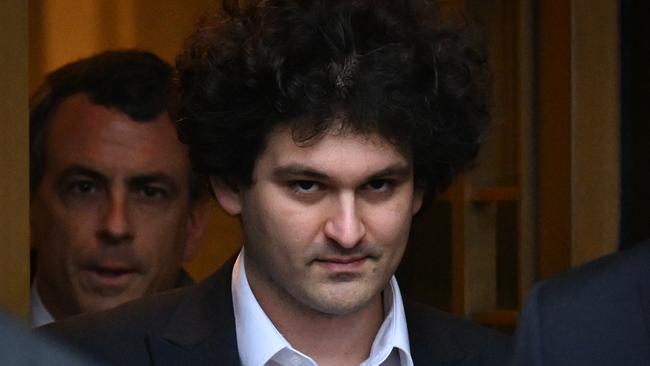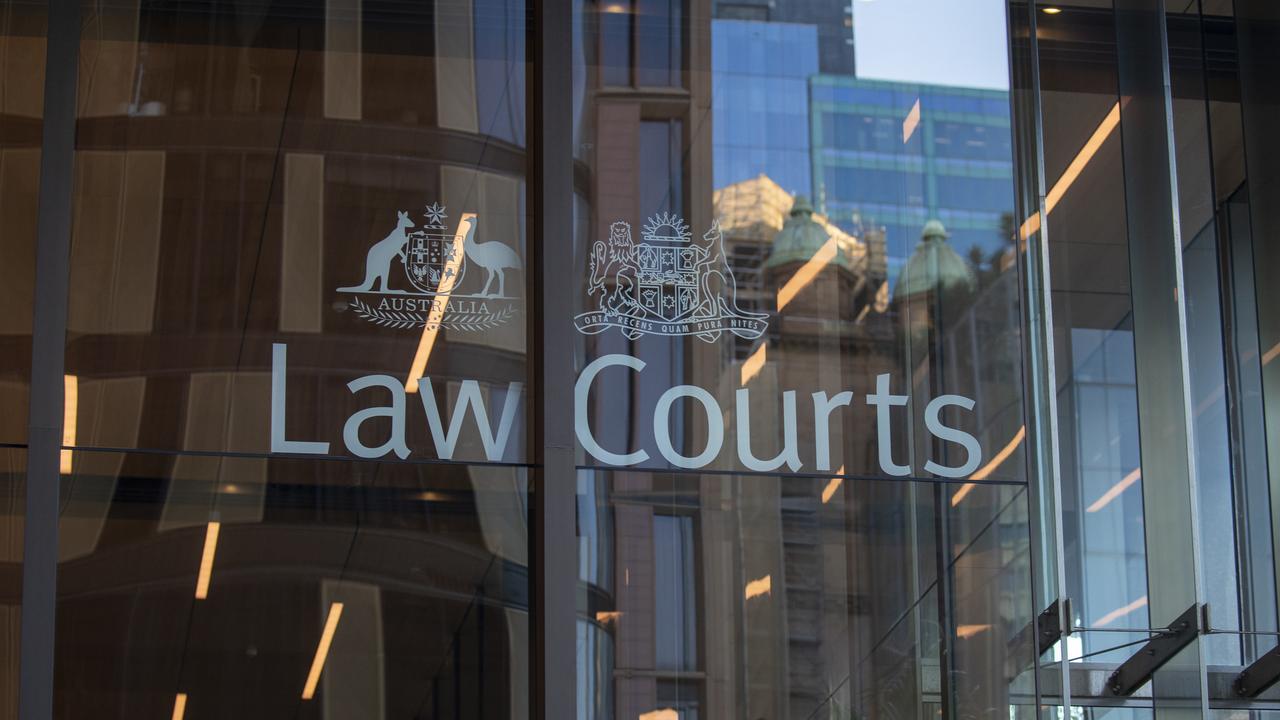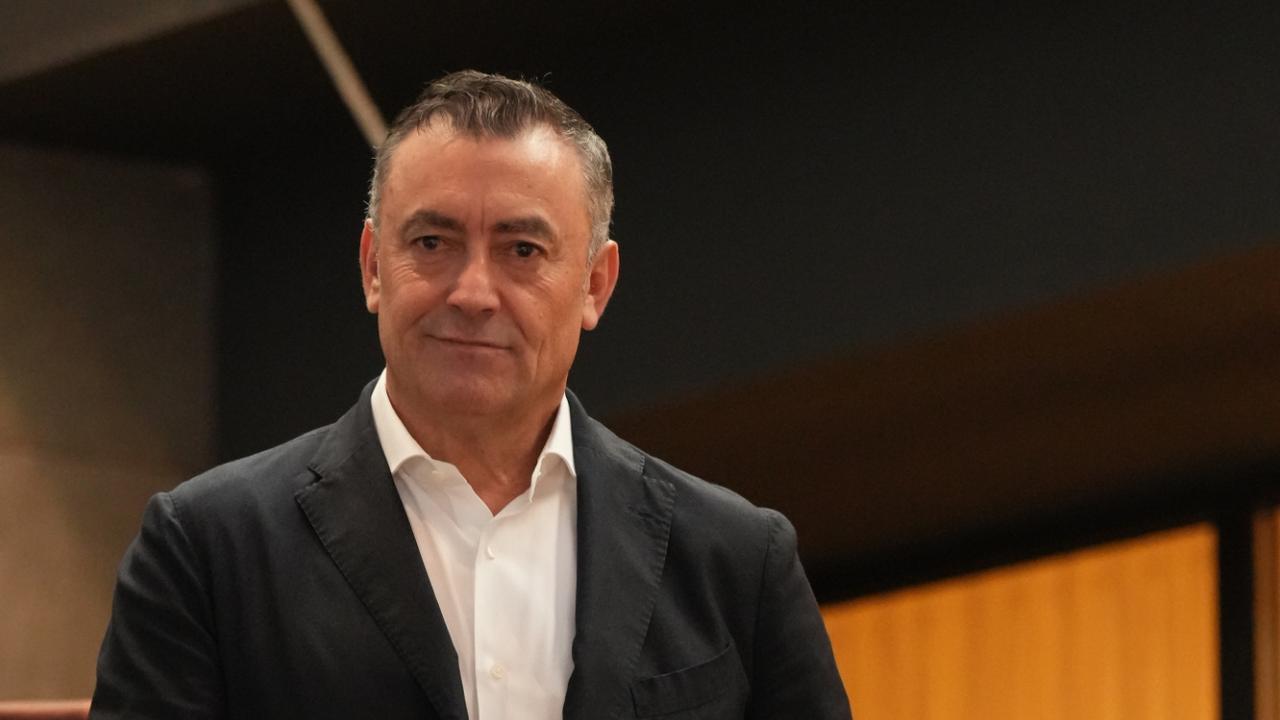FTX fraud: Sam Bankman-Fried pleads not guilty
The tech entrepreneur will face trial in October for allegedly stealing billions of dollars of customer funds from FTX and defrauding investors and lenders to his trading firm, Alameda.

FTX founder Sam Bankman-Fried has pleaded not guilty to fraud and other criminal charges Tuesday, as a judge set his trial to begin on October 2.
Mr Bankman-Fried, 30, entered his not guilty plea to all eight criminal counts he faces before US District Judge Lewis Kaplan in federal court in Manhattan.
It was his second appearance in a U.S. court following the collapse of his cryptocurrency exchange.
Prosecutors have accused him of stealing billions of dollars of customer funds from FTX and of defrauding investors and lenders to his trading firm, Alameda Research. He also evaded campaign-finance contribution limits and reporting requirements when he made millions of dollars in illegal political contributions funded by Alameda, prosecutors said.
Mr Bankman-Fried has previously said he didn’t intend to commit fraud but has acknowledged making mistakes while running the company.
The former executive, who is being detained at his parents’ California home but returned to New York for the hearing, sat at the defence table between his lawyers, who entered the plea on his behalf.
Assistant US Attorney Danielle Sassoon told the judge the October trial would last about four weeks, while Mark Cohen, a lawyer for M. Bankman-Fried, estimated it would last from two to three weeks.
Judge Kaplan set the next court hearing for May 18.
Two of Mr Bankman-Fried’s associates, Caroline Ellison and Gary Wang, pleaded guilty to related charges last month and are co-operating with prosecutors’ investigation into the alleged scheme.
Damian Williams, the US attorney for the Southern District of New York, said on Tuesday that his office had formed an FTX task force, drawing on prosecutors from multiple units including those focused on securities fraud, public corruption and money laundering.
Mr Williams said his office “is working around the clock to respond to the implosion of FTX.”
In December, Mr Bankman-Fried was arrested in the Bahamas, and, after consenting to extradition, flown to New York.
During his first appearance in federal court last month, a magistrate judge released him on a $US250m bond, which was secured by his parents’ home in Stanford, California, where he was ordered detained while awaiting trial.
While Mr Bankman-Fried wasn’t required to deposit any money with the court, if he were to fail to appear in court, the government could move to seize his parents’ property.
The judge required that Mr Bankman-Fried’s parents and one non-family member co-sign the bond, and that two additional people sign other bonds in lesser amounts.
In a letter, lawyers for Mr Bankman-Fried asked Judge Kaplan to order that the names of the sureties, or signers of the lesser bonds, not be disclosed to the public.
The lawyers said that Mr Bankman-Fried’s parents had been subjected to intense media scrutiny and threats.
“There is serious cause for concern that the two additional sureties would face similar intrusions on their privacy as well as threats and harassment if their names appear unredacted on their bonds or their identities are otherwise publicly disclosed,” the letter said.
Judge Kaplan granted the request, although said he would allow members of the media or others to contest the sealing of the information.
Ms Sassoon, the prosecutor, asked the judge to impose an additional bond condition barring Mr Bankman-Fried from transferring or accessing FTX and Alameda assets.
Mr Cohen said his client hadn’t accessed those funds, echoing a point Mr Bankman-Fried had made in a tweet last week.
“In terms of defendant’s tweet, that it was not him, we don’t put full stock in that,” Ms Sassoon said.
Judge Kaplan granted prosecutors’ request.
With James Fanelli
– The Wall Street Journal




